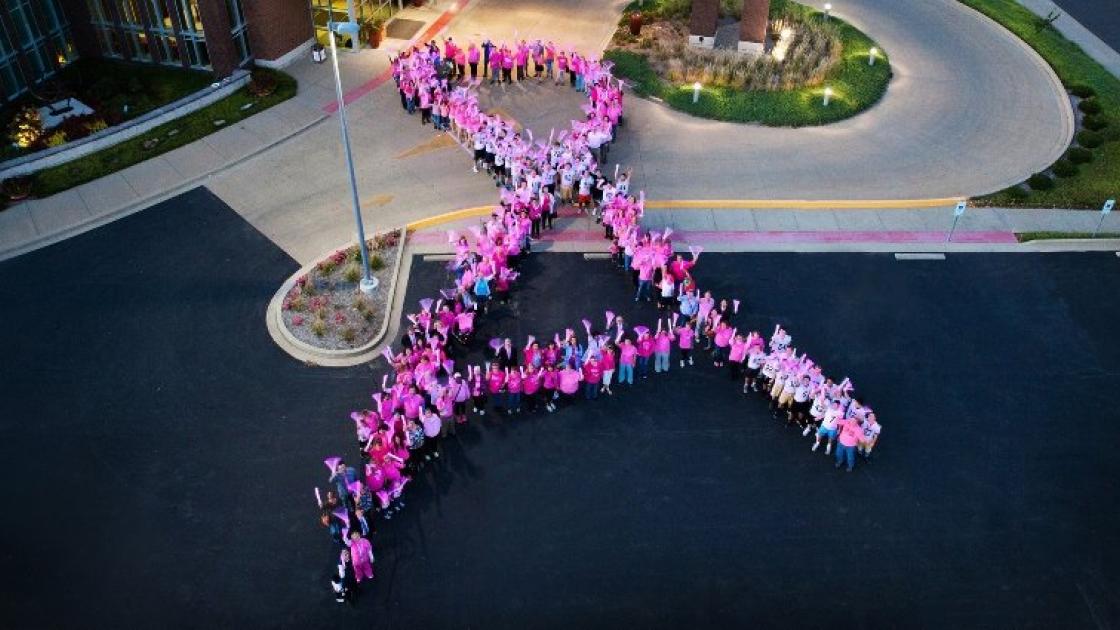
Breast cancer awareness
Breast cancer is the most prevalent kind of cancer affecting women in the United States and the second leading cause of cancer death in females. One of every eight women will get this disease in her lifetime. Thankfully, most women can survive breast cancer if it is found early.
October is National Breast Cancer Awareness Month. It’s an opportunity to stress the importance of detecting breast cancer to protect yourself and those you love. Talk with the women you know about the value of getting screened, and encourage them to get regular mammograms.
Breast cancer symptoms
Every woman should know some basic information about breast cancer. The signs of it can vary. In fact, some people don’t notice any symptoms at all. Some of the more common ones are:
- A new lump in the breast or underarm
- Dimpling or irritation of breast skin
- Swelling or thickening of an area of the breast
- Nipple pain
- Redness or flaky skin in the nipple area
- Pulling in of the nipple
- Nipple discharge that isn’t breast milk
- Pain in an area of the breast
- Any change in the shape or size of the breast
While these signs can occur with breast cancer, they can also happen with other problems.
Mammograms
A mammogram is an X-ray picture of the breast. It’s used to look for the early signs of breast cancer. These crucial tests can detect breast cancer up to three years before you can feel it, according to the CDC.
After reaching a certain age, all women need to get mammograms. The American Cancer Society suggests screening mammograms for women between 40-44 years of age and recommends women aged 45 to 54 to get them annually. Women 55 and older are encouraged to get them done each year or every other year.
Screening should be maintained as long as you’re in good health and are expected to live for 10 more years or longer. The American Cancer Society suggests women aged 40 to 44 begin getting a mammogram every year. Women who are deemed high risk for breast cancer based on specific factors are encouraged to start getting a mammogram and MRI every year beginning at age 30.
Finding breast cancer early and obtaining the best treatment are the most crucial strategies to prevent breast cancer deaths. Cancer is easier to treat successfully when it’s small and hasn’t spread.
If you think you might have breast cancer or want to know more about screenings, contact the Breast Center at SIU Medicine. Our experienced doctors create customized, innovative treatment plans based on the latest cancer research from around the world.



